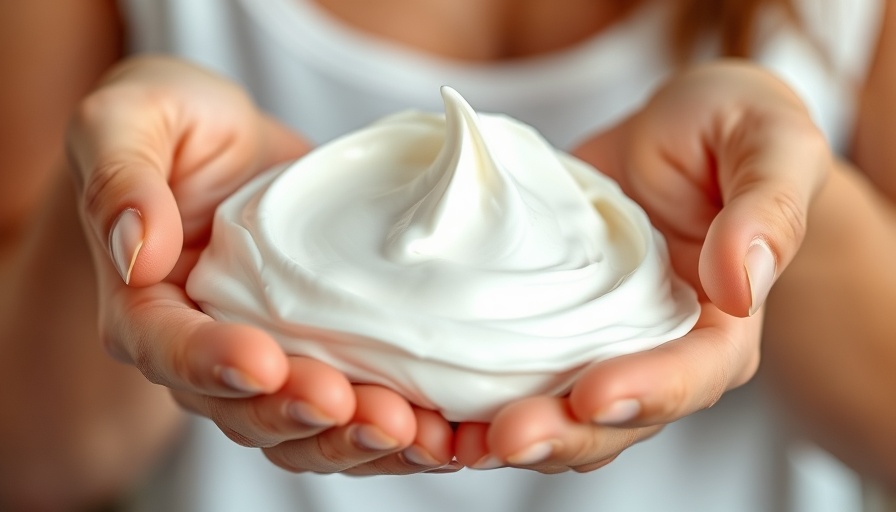
Why the FDA's Warning on Whipped Sunscreens Matters
The recent warning from the FDA regarding whipped, mousse, or foam sunscreens shines a spotlight on consumer safety in the beauty and skincare industry. With major brands like Supergoop! and Kalani Sunwear facing scrutiny, the question arises: why are these products, marketed as a fun and innovative way to apply sunscreen, now being labeled as potentially unsafe?
The FDA's Position: Ensuring Safety and Efficacy
The FDA classifies sunscreens as over-the-counter drugs, necessitating rigorous approval processes to ensure their effectiveness in protecting against harmful UV rays. The agency's warning cites a significant concern—many whipped products lack FDA approval, raising alarms about their effectiveness and overall safety. As the FDA stated, "These products might not be effective," signaling that consumers should approach them with caution.
Packaging Concerns: A Deceptive Design?
A critical aspect of the FDA's concern revolves around the packaging of these products. Many whipped sunscreens are designed to resemble food items, which could lead to accidental ingestion, particularly by young children. This misbranding is not just a trivial matter; it poses significant health risks. The FDA warns that packaging drug products in containers that mimic food could mislead consumers, turning a fun summer outing into a potential emergency.
Understanding Sunscreen Regulations: What You Need to Know
Under current FDA regulations, only specific sunscreen formulations—like lotions, creams, and gels—are deemed safe and effective. The guideline updates in 2019 reflect growing concerns about skincare safety, demonstrating the FDA's commitment to ensuring that new formulations undergo thorough testing. Thus, consumers should remain vigilant about which forms of sunscreen they choose.
The Community’s Reaction and Industry Response
Industry leaders like Supergoop! are now grappling with regulatory compliance, stating they are working to resolve labeling issues. This situation highlights a broader industry discussion about innovation versus safety. Enthusiasts and advocates for whipped sunscreens express frustration over the constraint on creativity, while the overarching concern remains consumer safety.
Looking Ahead: What Consumers Should Do
As consumers navigate the increasingly complex landscape of skincare products, staying informed is paramount. Amid appealing marketing claims, the best practice remains reading labels, verifying FDA approval, and steering clear of any products not recognized as safe. Until more information is available and these innovative products gain approval, sticking to traditional formulations is the safest bet.
Consumers are encouraged to stay educated about sunscreen safety as they enjoy sunlit days. With the ongoing scrutiny of health regulations, being armed with knowledge may protect you and your loved ones from potential dangers.
Ultimately, regular updates from the FDA and skincare advocates will guide consumer choices and ensure sunscreen's role as a protective staple in everyday routines.
 Add Row
Add Row  Add
Add 




Write A Comment